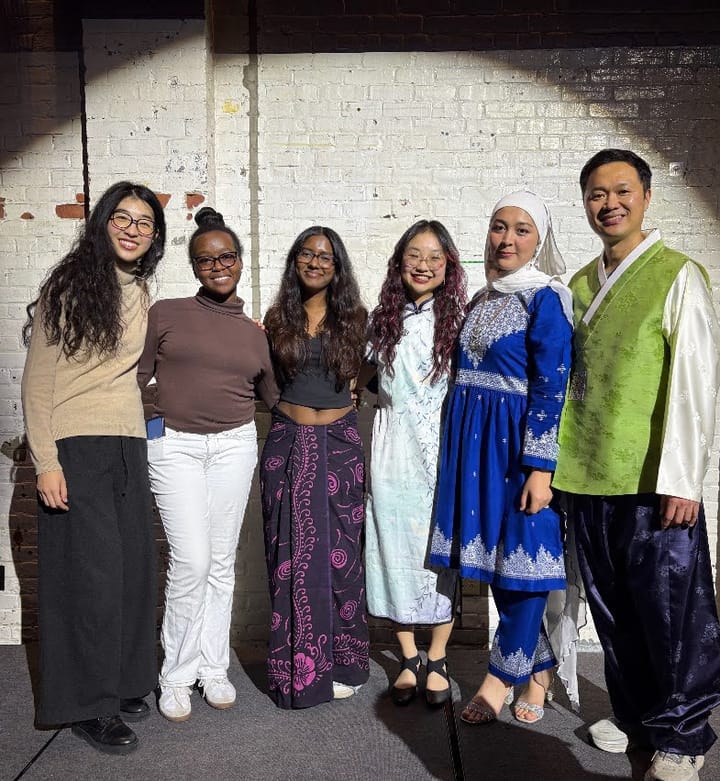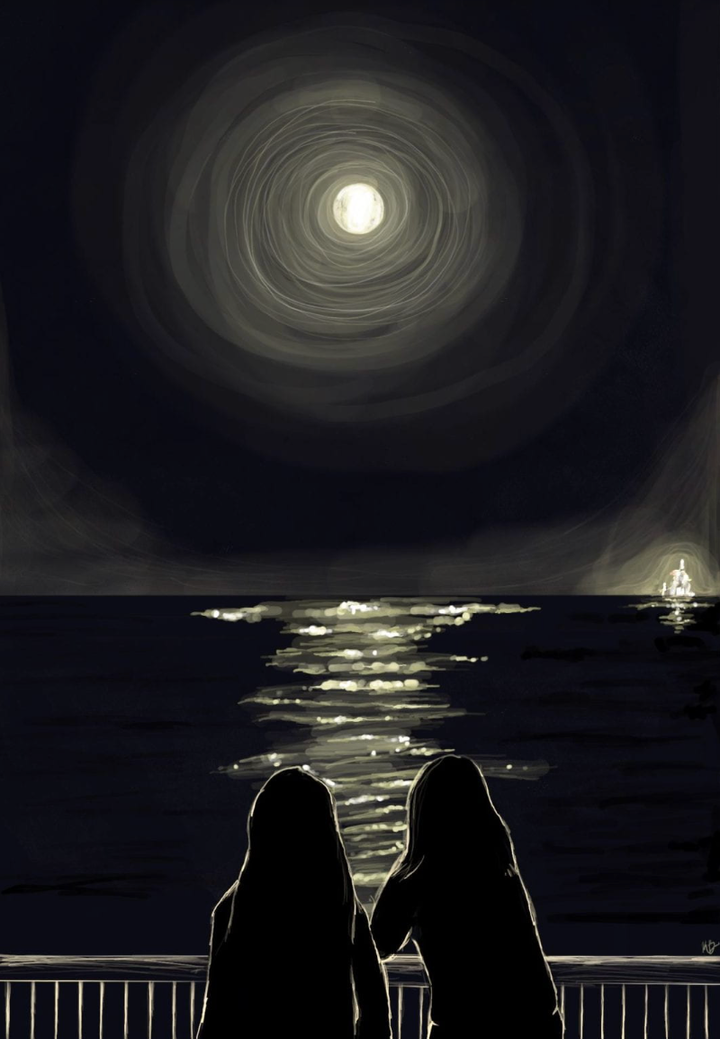The Show Must Go On? The 93rd Academy Awards Falter in 2021
Last Sunday, over 100 filmmakers and actors gathered in Union Station in Los Angeles to celebrate the 93rd Academy Awards. The ceremony had been postponed from its original date of Feb. 28 to extend the eligibility period for films and to account for some of the impacts of Covid-19 on Hollywood. Producer Steven Soderbergh emphasized that the ceremony would be shot “like a movie,” but did not specify what he meant. It turns out that this meant no music between awards and reorganized categories.
On the other side of the country on the Amherst College campus, 18 members of the Amherst College Film Society gathered in the Powerhouse for a formal Oscars viewing. We all made predictions for the award winners and waited to see the results. Although it was still a smaller, guideline-constrained event, it felt like a glimpse of normalcy.
The impacts of Covid-19 were emphasized throughout the night, and many celebrities remarked on how great it was to be back on the red carpet. The ceremony itself was a hopeful but teasing vision of normalcy. Much like Amherst students, all attendees participated in a rigorous process of testing, vaccinations and quarantines before attending the ceremony. Unlike students in the Amherst bubble, however, the attendees were able to strip their masks for a night and get within six feet of each other.
The ceremony’s connections to Amherst did not stop short at Covid-19 restrictions. The biggest winner of the night was Mount Holyoke alumna director Chloe Zhao’s “Nomadland,” which premiered in late 2020. The film not only received six nominations but also went on to win Best Picture and Best Director. Chloe Zhao’s victory was notable beyond her connection to Amherst, as she is only the second woman to win Best Director and the first woman of color. The movie is based on the 2017 novel “Nomadland: Surviving America in the Twenty-First Century,” which was written by Amherst alumna Jessica Bruder ’00. In addition, the film’s star Frances McDormand won Best Actress, becoming the first woman since Audrey Hepburn to win four Oscars. It was certainly a successful night for the Five Colleges!
There were many other landmark wins. One of the most notable winners of the night was “Judas and the Black Messiah” (directed by Shaka King), which won Best Original Song and Best Supporting Actor for Daniel Kaluuya’s role as Fred Hampton. The subject matter, Fred Hampton and the Black Panthers, makes the movie’s win a historic one considering the historic propaganda in opposition of the group. In a memorable speech by Daniel Kaluuya, he got a bit existential: “We got to celebrate life, man. We’re breathing, we’re walking, it’s incredible … My mom met my dad, they had sex! It’s amazing! Do you know what I’m saying? I’m here!”
Another movie that made history was “Ma Rainey’s Black Bottom,” directed by George C. Wolfe. The movie won Best Costume Design for Ann Roth and Best Makeup and Hairstyling for Mia Neal and Jamika Wilson, the first two women of color to receive the award. In addition, “Minari” won a Best Supporting Actress award for Youn Yuh-jung, who gave a very polite speech to other nominees and pressed producer Brad Pitt to visit Korea and invest more money in the movie.
One award that had generated particular speculation prior to the ceremony was for Best Actor in a Leading Role. Since the announcement had been switched to the end of the show, most had assumed that Chadwick Boseman was a shoo-in for a posthumous award for playing Levee Green in “Ma Rainey’s Black Bottom.” Almost all of the predictions made at the Powerhouse were in Boseman’s favor. Once the ceremony reached the last award, Joaquin Phoenix announced that Anthony Hopkins was the winner of the award for his role as Anthony in “The Father.” Many people took offense to this since the Academy had made it seem like he was going to win. After switching around the events to make the Best Actor award seem like a feel-good ending, not nominating Boseman broke an unspoken promise to the public and used the sentimental aspect of his death to attract the viewers it so desperately needed this year.
The 93rd Oscars had many differences from previous years, including a 56 percent decrease in viewership. Whether this change has to do with the decrease in accessible content this year, the design and production of the show itself or Covid fatigue, it is difficult to say. However, I wonder if the generally negative reception to the ceremony this year will continue past a return to normalcy.





Comments ()